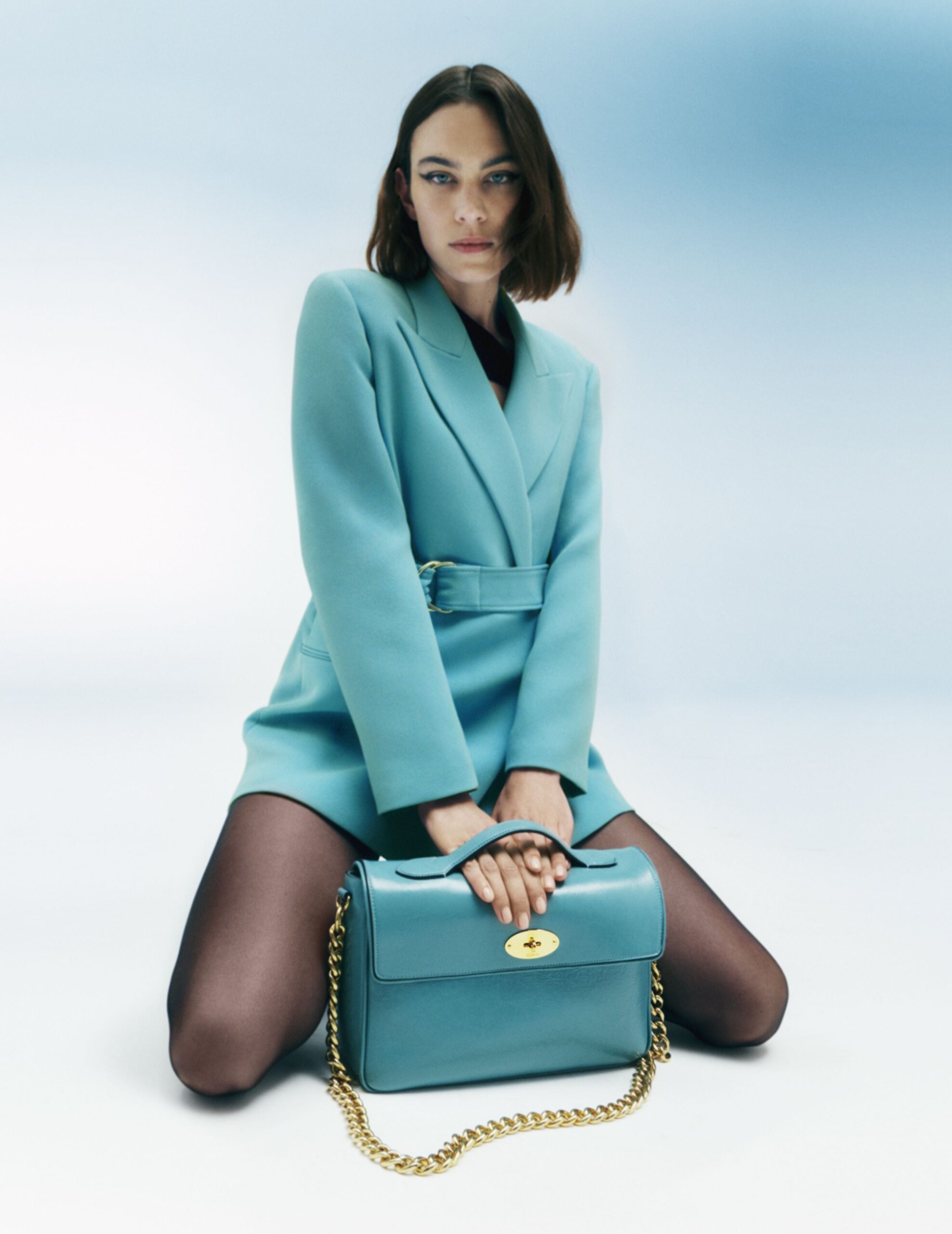
Mulberry, the luxury British brand best known for its leather handbags that can cost more than £1,600 ($1,998) each, has reported a 4 percent decline in annual sales, becoming the latest high-end company to warn of a slowdown in spending among the richest shoppers.
In a trading update, Thierry Andretta, the chief executive, said: “While we achieved positive revenue growth in the first half, Mulberry has not been immune to the broader downturn in luxury spending experienced in recent months, particularly in the UK and Asia. This decline was partially offset by positive trading in the US, where we have benefited from increased brand awareness.
“Looking ahead, the trading environment in the UK and China remains challenging and we do not expect this to change in the short-term. We are therefore managing the business prudently, focusing on executing our strategy and vision to become a global sustainable luxury brand,” Andretta added.
The company, which was founded in 1971 by the entrepreneur Roger Saul and his mother, Joan, said international sales had increased by 7.2 percent but UK retail sales had dropped by 3.2 percent in the year to the end of March.
The share price, which has fallen by almost 60 percent so far this year, declined by a further 4.5 percent in early trading on Wednesday.
In January, Mulberry blamed the slowdown in demand for luxury spending and a lack of VAT-free shopping for a 9 percent decline in sales over its “golden quarter,” which included the Christmas shopping period.
“In the UK, we continue to believe the lack of VAT-free shopping is impacting the retail landscape, as well as the hospitality, leisure and tourism sectors,” Andretta said at the time. “Looking ahead, we are continuing to execute our plans and remain confident that our investments will underpin future sustainable growth.
“In the run-up to Christmas, the macroeconomic environment continued to impact consumer spending in the luxury retail sector, which Mulberry was not immune from.”
By Rupert Neate Wealth
Learn more:
Can Luxury Brands Grow in 2024?
For over a decade, luxury brands could depend on casualisation, China and a post-pandemic boom to drive record sales and profits. Now that those factors have played out, it’s unclear where they will turn next for growth.



